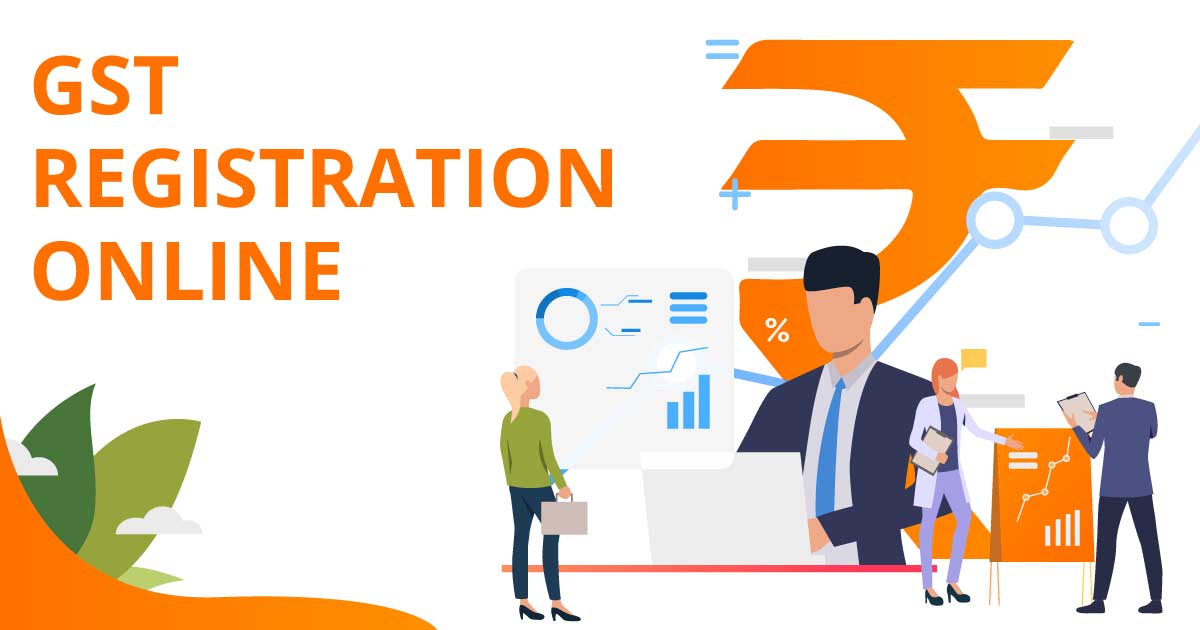Why Singapore GST Registration is Crucial for Your Start-up
Optimizing Tax Performance: Specialist Tips on Browsing the GST Registration Labyrinth for Small Companies
Navigating the elaborate landscape of Item and Services Tax (GST) registration can be a labyrinthine job for little businesses aiming to maximize their tax efficiency. Understanding the qualification criteria, careful documents needs, calculated timing factors to consider, and proficient enrollment process tips can considerably influence a firm's monetary standing. Conformity with GST laws is extremely important, and sticking to best practices can streamline procedures and protect against possible pitfalls. In this discussion, we will certainly discover expert understandings and workable guidance that can empower small companies to navigate the GST enrollment puzzle efficiently and optimize their tax effectiveness.
Eligibility Criteria
Eligibility requirements for Small Organization GST Registration incorporate certain standards that organizations should meet to comply with tax obligation laws. To qualify for GST enrollment, a company should have an annual turnover exceeding the threshold set by the tax obligation authorities, which varies by nation.

Paperwork Requirements
To efficiently finish the procedure of GST enrollment, local business have to ensure they have all required documents in order. The called for paperwork typically consists of proof of company registration or address, incorporation and identification evidence of the company proprietor, pictures, bank account details, and proof of the major area of business. Furthermore, businesses need to provide information of their business activities, consisting of the products or solutions provided. It is important to ensure that all records are accurate, up to day, and in the defined style to stop hold-ups or rejections during the registration procedure.
Keeping all necessary documents organized and readily obtainable can simplify the registration procedure and aid companies comply with the demands successfully. Careful focus to detail and adherence to the paperwork standards are essential for an effective GST enrollment procedure for tiny businesses.
Timing Factors To Consider
Thinking about the vital paperwork needs have been diligently addressed, the following important aspect for small companies starting the GST enrollment process is the tactical management of timing factors to consider. Timing plays a critical function from this source in GST enrollment, influencing not just compliance however likewise financial elements of the business. Little organizations need to carefully intend the timing of their GST enrollment to optimize benefits and minimize possible risks.

In addition, services need to align the timing of their GST enrollment with their operational preparedness. Ample preparation, such as upgrading audit systems and training browse around here personnel, is important to perfectly integrate GST demands into daily procedures. By strategically taking care of timing considerations, little organizations can navigate the GST enrollment process successfully and optimize their tax performance.
Enrollment Process Tips
Effectively browsing the GST registration process needs small businesses to apply strategic and positive enrollment process suggestions. This includes service registration view publisher site files, proof of address, financial institution statements, and identification evidence of the service owners.
Furthermore, comprehending the limits and requirements for GST enrollment based on the details state or territory where business runs is vital. Some states have different turn over limits that trigger required enrollment, so being educated about these thresholds can assist businesses intend ahead.
Another valuable idea is to consider looking for professional support from accounting professionals or tax obligation consultants that focus on GST registration. Their experience can streamline the process, reduce errors, and guarantee conformity with all policies.
Compliance Best Practices
Little companies should prioritize conformity to avoid charges and keep an excellent standing with tax obligation authorities. Small service proprietors need to on a regular basis review government standards and seek expert recommendations if required to guarantee they are satisfying all requirements. By including these compliance best techniques right into their procedures, small organizations can browse the intricacies of GST registration with self-confidence and effectiveness.
Conclusion
To conclude, small companies can browse the GST enrollment maze by ensuring they satisfy eligibility requirements, gather needed documentation, consider timing ramifications, adhere to registration process suggestions, and abide by conformity ideal techniques. By making best use of tax effectiveness via appropriate GST enrollment, businesses can improve their monetary administration and procedures.
Navigating the complex landscape of Goods and Services Tax Obligation (GST) registration can be a labyrinthine task for tiny services aiming to optimize their tax obligation performance.Qualification requirements for Small Business GST Enrollment include certain criteria that organizations need to fulfill to abide with tax policies. The called for documentation usually includes evidence of organization registration or identity, address and consolidation evidence of the service owner, photographs, bank account information, and proof of the major area of business. In addition, businesses require to provide information of their organization tasks, consisting of the products or solutions provided.Effectively navigating the GST enrollment process needs little organizations to apply positive and critical enrollment procedure pointers.